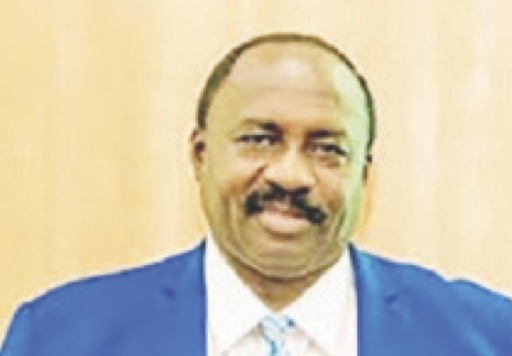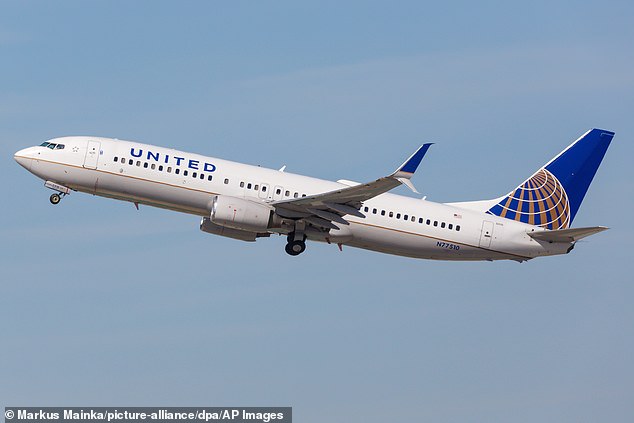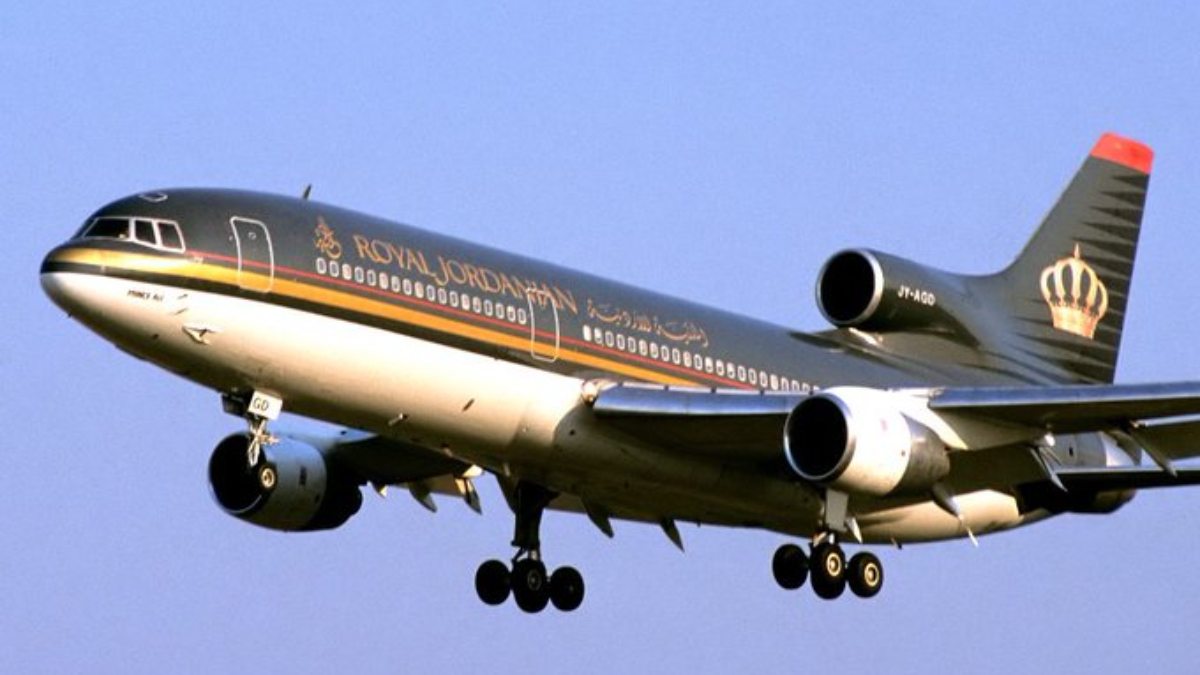By Chinelo Obogo, talktonelo@yahoo.com
Amid scorching economic downturn and increased road insecurity, Nigerians are now facing soaring airfares on domestic routes, even during the traditionally low-demand off-peak season.
The primary culprit is a significant reduction in the number of operational aircraft, exacerbated by the lingering forex scarcity.
During a recent visit by the leadership of the National Association of Nigeria Travel Agencies (NANTA) to the Acting Director General of the Nigeria Civil Aviation Authority (NCAA), Capt. Chris Najomo in Abuja, conversations centered on how the solve the raging crisis in the industry.
Najomo acknowledged that the limited number of planes was a major reason for the spike in domestic airfares.
He noted that several economic challenges were straining the airlines and shrinking the industry’s capacity.
Nonetheless, the surge in passenger traffic has exposed existing gaps in the system which calls for a pragmatic strategy to meet aircraft demand to serve the flying public as the high airfares are symptomatic of capacity shortfall.
He emphasized the need for immediate action to bridge this gap, lower fares, and enhance service quality, urging investment in the domestic airline market to achieve these goals.
Investigations by the Daily Sun reveal that domestic flight costs have risen sharply even during the off-peak season, where a decrease in travel demand is usually observed. Currently, the total number of operational aircraft among all domestic scheduled operators is less than 45, a significant drop from over 70 during the same period last year. This sharp decline in capacity, as acknowledged by the regulatory agency, is largely responsible for the high cost of domestic airfare, alongside other factors such as multiple charges and the rising price of jet fuel (Jet A1).
An examination of domestic airline websites shows a dramatic increase in fares from the average cost of N70,000 to N120,000 and above. For instance, economy tickets on Ibom Air for a flight from Abuja to Lagos today, Friday, July 19th, are priced at N123,900, while on Saturday, the fare rose to N133,000. United Nigeria Airlines charged N220,500 for an economy ticket from Abuja to Enugu today, and N200,000 for the same route on Saturday, July 20th. Aero listed tickets from Abuja to Lagos for Saturday, July 20th, starting at N173,000 for economy seats. Arik Air charged N191,119 for an economy ticket from Lagos to Jos on Saturday, July 20th, while Air Peace charged N238,200 for an economy ticket from Lagos to Anambra. Rano Air offered an economy ticket from Lagos to Kaduna for N150,000 on Monday, July 22nd, and ValueJet priced an economy ticket from Lagos to Port Harcourt at N171,000 for Saturday, July 20th.
Depleted fleet and FX scarcity
Aviation professionals fingered depletion of operational aircraft as the main reason for the steep rise in airfares. They attributed this to difficulties in obtaining foreign exchange (forex) necessary for critical maintenance and sourcing spare parts.
This, they explained, has prevented airlines from fixing grounded planes and replenishing their fleets.
Consequently, the slump in the number of operational aircraft has created a capacity shortage, and with fewer flights available while passenger demand remains high, forcing airlines to raise ticket prices to stay afloat.
Mudi Muhammad, chairman of the National Association of Aircraft Pilots and Engineers (NAAPE) Arik Air chapter, explained: “One of the major reasons why the cost of flight tickets has gone up is because of depleted aircraft. Many operators have their aircraft in maintenance facilities around the world and they don’t have the forex to pay for them. To get just a 5,000-cycle aircraft engine, for instance, is very expensive. To buy just one brake for a 737 costs an average of $45,000, and it has four brakes. When you make access to forex difficult for operators, capacity depletion is inevitable. Imposing excessive charges on airlines compounds the problem. How are they supposed to cope?”
Muhammad added, “It is not the fault of the airlines. The painful truth is that the number of aircraft in the sky has drastically reduced, and those still operating have to try and make some money. For instance, Arik should have its fourth aircraft by this week, Aero has no more than three, and I don’t think Air Peace has more than 10 aircraft flying at the moment, down from over 20. Dana is not operational, and ValueJet has no more than three. The same fleet depletion is happening across all airlines. Without access to forex to buy spare parts and service their fleets, airlines are struggling. What are they supposed to do?”
Roland Iyayi, a former Managing Director of the Nigerian Airspace Management Agency (NAMA) and Chief Executive Officer of Tobrass Aviation, echoed similar sentiments. He told Daily Sun that high ticket prices are a direct result of the lack of operational aircraft due to forex scarcity. Airlines struggle to access forex for essential maintenance and parts, leading to a swelling number of grounded planes and ultimately reducing industry capacity.
“The reason for the high cost of tickets is very simple; a lot of aircraft are out for maintenance, and it is very difficult for them to access forex. Without forex, they end up parking their planes. Some airlines have their airplanes in various maintenance facilities worldwide, with funds tied up in the Central Bank of Nigeria. The apex bank has the naira but has not released the dollars to them. If the government provides easier access to forex, as it did for foreign airlines, it would be easier to increase capacity in the country. Air Peace, for instance, has about 10 airplanes abroad and had to wet lease and go to the alternative market to access dollars, which is not ideal but necessary to keep operations going. It is a matter of demand and supply. More people are trying to get tickets, but with fewer seats available, prices go up. Introducing more capacity would naturally lower ticket prices,” he said.



